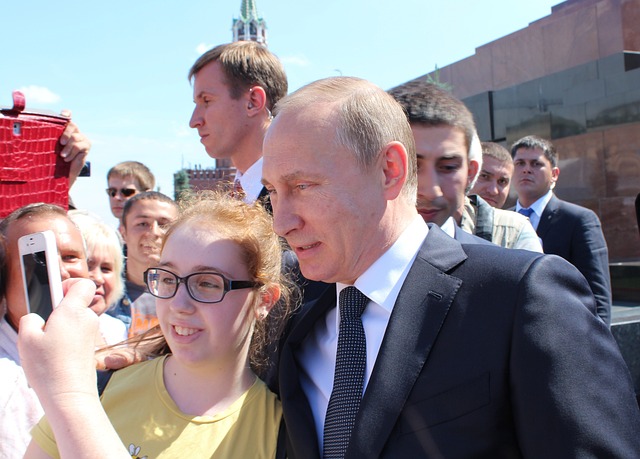WEST PALM BEACH, Fla. — President-elect Donald Trump recently urged Russian President Vladimir Putin not to escalate the war in Ukraine, according to a source familiar with their conversation. The call comes as President Joe Biden prepares to encourage Trump not to withdraw U.S. support for Ukraine once he takes office.
Trump spoke with Putin in the past few days, the source confirmed. Additionally, Trump had a conversation with Ukrainian President Volodymyr Zelensky on Wednesday. The president-elect has been critical of the scale of U.S. military and financial assistance to Ukraine, promising to end the war quickly—though he has not provided details on how he plans to do so.
Ukraine’s foreign ministry confirmed it was not aware of the Trump-Putin conversation beforehand and therefore could not comment on it.
“We do not comment on private conversations between President Trump and other world leaders,” said Steven Cheung, Trump’s communications director, when asked about the call, which was first reported by The Washington Post. The Russian embassy in Washington has not yet responded to a request for comment.
Trump, who defeated Vice President Kamala Harris in the November 5 election, is set to be sworn in as president on January 20. Biden has invited Trump to the White House on Wednesday, according to the White House.
National Security Adviser Jake Sullivan said on Sunday that Biden’s main goal will be to ensure a peaceful transfer of power, but that he will also raise key issues regarding international security, including the situation in Ukraine and elsewhere.
“President Biden will have the opportunity over the next 70 days to make the case to Congress and the incoming administration that the U.S. cannot walk away from Ukraine,” Sullivan told Face the Nation on CBS. “Withdrawing support would only increase instability in Europe.”
Sullivan’s remarks came shortly after Ukraine launched its largest drone strike on Moscow to date, hitting the Russian capital with at least 34 drones. When asked if Biden would ask Congress for additional funding for Ukraine, Sullivan deferred to the president’s decision.
“I’m not here to propose specific legislation,” Sullivan said. “But President Biden will make the case that continued U.S. support for Ukraine is necessary beyond his term.”
U.S. Assistance to Ukraine Faces Growing Debate
Since Russia’s invasion of Ukraine in February 2022, the U.S. has provided Ukraine with tens of billions of dollars in military and economic assistance. Trump has frequently criticized this level of aid, asserting that Putin would not have invaded Ukraine if he had been president. Trump has also suggested that Ukraine may need to cede territory in exchange for peace—a proposal rejected by Ukraine’s leadership and not supported by Biden.
Ukrainian President Zelensky said Thursday that he was unaware of the specifics of Trump’s plan for a quick resolution to the war. He added that such a plan would likely involve significant concessions from Ukraine, which he opposed.
Under Biden, U.S. lawmakers have approved over $174 billion in aid to Ukraine, according to the Government Accountability Office. With Republicans poised to take control of the Senate following the midterm elections, funding for Ukraine is expected to decrease under Trump’s administration.
The outcome of control over the U.S. House of Representatives is still uncertain, with Republicans securing 213 seats, just shy of the 218 needed for a majority. If Republicans take control of both chambers, Trump’s agenda could face less opposition in Congress.
Republicans Criticize Ukraine Funding
Senator Bill Hagerty, a Republican ally of Trump and a possible candidate for Secretary of State, recently criticized U.S. spending on Ukraine in an interview with CBS.
“The American people want to see sovereignty protected here at home before we spend our resources defending the sovereignty of another nation,” Hagerty said.
As the war in Ukraine continues, Moscow’s forces have made significant advances, and the conflict appears to be entering a new phase. Any efforts to end the war are likely to involve peace talks, though such discussions have not occurred since the early months of the conflict.
Russia currently occupies about 20% of Ukrainian territory and has insisted that the war will not end until its annexations are recognized. Ukraine, meanwhile, continues to demand the full return of its occupied territories, a stance supported by its Western allies.
